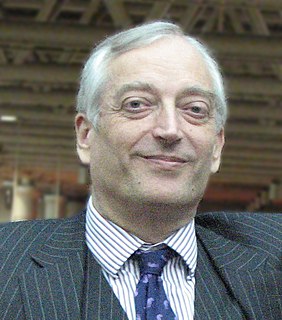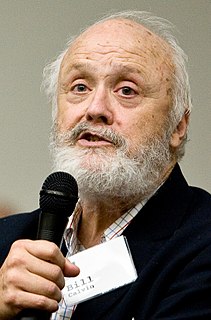A Quote by Erna Solberg
Norway has had a carbon tax in place for a long time. This has not slowed down industrial development. Rather, it has encouraged innovation and the development of solutions that reduce emissions and bring down operating costs.
Related Quotes
So, we've gone from covered wagons to going to the moon in just under 100 years. For all the centuries and thousands of years before us, people walked or rode horses, cows, camels or whatever. This so-called modern era, from the late 19th century through now, has been the period of the most amazing development, discovery, innovation and acceleration of change that humans have ever experienced. And it hasn't slowed down yet.
We're talking about should we increase taxes? Why not put a tax on carbon emissions. It would raise a lot of money, it would reduce the environmental damages in the future, it would solve so many problems, and it would be a much more constructive thing to do than to think about raising the income tax.
The best places to live, work, and visit are those places that are willing to uphold their standards in the face of pressure to allow lowest common denominator development... Successful communities understand that when they say no to development that is contrary to the long-term health of their community, they will almost always get better development in its place.
Getting global innovation projects right is really important as they create competitive advantage two ways. When the knowledge for an innovation is from different sites around the world, it's very much more difficult for competitors to copy these innovation - they'd have to access the same knowledge from the same places. Secondly, costs and time to market can be significantly reduced leading to first mover advantage through parallel development in global projects.

































